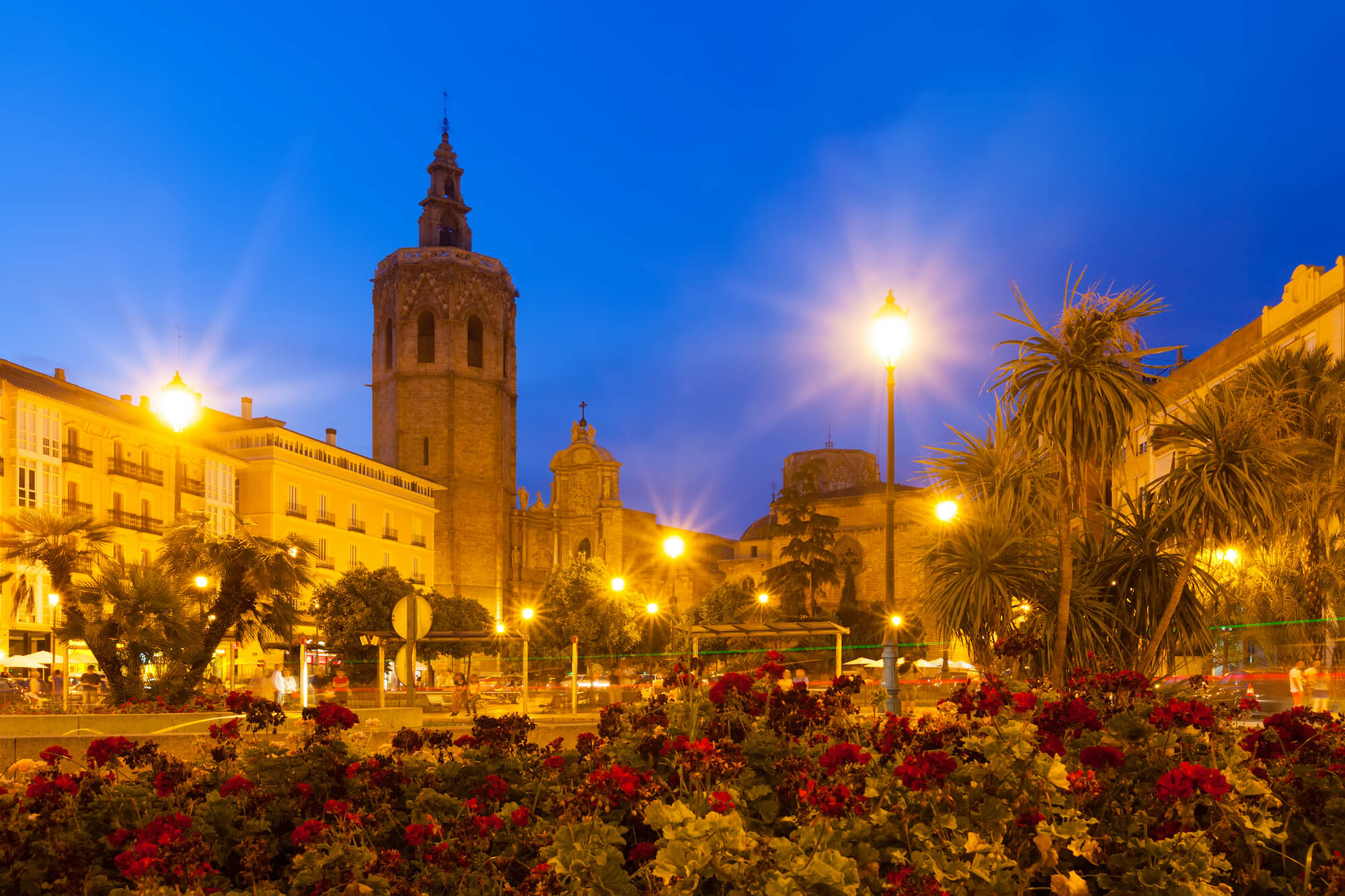1. Advent and “El Gordo” – the big Christmas lottery
The Christmas season in Spain begins with Advent, which is full of anticipation and traditional customs:
- Advent calendar and wreaths: families decorate their homes with Advent calendars and candle wreaths, with one candle lit each week.
- “El Gordo” (The Big Fat): the biggest Christmas lottery in the world takes place on 22 December. The custom dates back to 1812 and the winning amounts exceed 2 billion euros. Families and communities often buy tickets together, promoting togetherness and holiday spirit.
2. Christmas Eve (Nochebuena) and First Christmas Day
Christmas Eve, known as “Nochebuena”, is a time of family gatherings and grand feasts:
- Midnight Mass (La Misa del Gallo): families attend a “rooster mass” at midnight, which symbolises the coming of Jesus into the world.
- Christmas dinner: the traditional Christmas Eve dinner includes roast lamb, suckling pig or seafood, with desserts such as ‘turrón’ (nougat), ‘polvorones’ (almond biscuits) and ‘mazapán’ (marzipan).
3. Day of the Holy Innocents (Día de los Santos Inocentes)
- December is the Feast of the Holy Innocents in Spain, which commemorates a tragedy from biblical times, but today it is a day full of jokes and merriment, similar to our April 1. The media and individuals are entertained with innocent jokes, adding humour and lightness to the Christmas season.
4. New Year’s Eve (Nochevieja) and New Year
Spain has unique customs associated with welcoming the New Year:
- Twelve Grapes (Las Doce Uvas): with each strike of the bell at midnight, people eat one grape to ensure their happiness and prosperity for the following year.
- Red underwear: According to tradition, wearing red underwear on the last day of the year brings love and happiness.
5. The Three Kings and the Feast of the Epiphany (Los Reyes Magos)
In Spain, the Christmas season culminates on 6 January, the feast of the Epiphany:
- Cabalgatas’ parades: on the evening of 5 January, the towns and villages are filled with magnificent processions of the Three Kings, who throw sweets and small gifts to children.
- Gifts: Spanish children traditionally receive gifts from the Three Kings on January 6, commemorating the arrival of the Magi with gifts for Jesus.
- Roscón de Reyes: A special cake in the shape of a circle, decorated with candied fruit, with a figurine and bean hidden inside. Whoever finds the figurine is lucky, while the finder of the beans has to pay for next year’s cake.

6. Christmas markets and cultural events
Spain comes alive with Christmas markets and festivals offering local crafts, food and unique experiences:
- Plaza Mayor in Madrid: The historic square is transformed into a bustling market with handicrafts, decorations and traditional Spanish delicacies.
- Fira de Santa Llúcia in Barcelona: this market near the cathedral boasts a long tradition dating back to 1786. Visitors will find nativity scenes, handmade ornaments and unique gifts.
- Seville and its Feria del Belén: Andalusia is known for its passion for nativity scenes (belenes). The market in Seville offers beautifully crafted figures and decorations that are among the best in the country.
7. Economic significance and investment opportunities
The Christmas period is a key season for tourism and retail in Spain:
- Increase in tourists: in December 2023, around 9 million tourists visited Spain, an increase of 9.5% compared to the previous year. This number is expected to exceed 95 million visitors in 2024.
- Consumer spending: spending on gifts, food, accommodation and attractions rises at Christmas. Christmas markets and cultural events generate significant economic benefits for local communities.
Investment opportunities:
- Tourism and hospitality: increased demand for accommodation during the holidays offers scope for investment in hotels, guesthouses and short-term rentals.
- Retail and markets: participating in Christmas markets or supporting artisans can bring attractive returns and attract an international clientele.
- Gastronomy: the development of restaurants and businesses that offer authentic Christmas food can cater to the growing tourist base.
- Cultural tourism: themed packages focusing on Christmas traditions, such as parades and markets, are a big draw for foreign visitors.
Spanish Christmas is a unique combination of tradition, family atmosphere and commercial potential. For tourists, it offers unforgettable experiences in the form of famous markets, rich cultural events and delicious gastronomy. For investors, they represent an exceptional opportunity in the burgeoning tourism and retail sectors. Discover the magic of Christmas in Spain and take advantage of its huge potential for trade and tourism!




